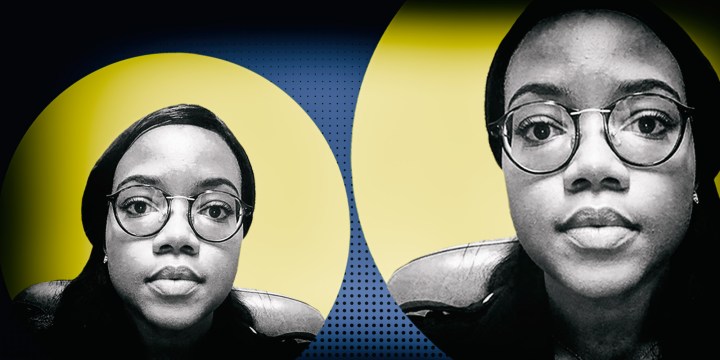NEWSFLASH
DA enters policy conference to finally decide on redress

After a week defined by DA Gauteng leader John Moodey’s resignation, followed by accusations and counter-accusations, the party has tested its virtual platform and is ready to host its first policy conference. It will finally adopt a policy on redress and is likely to abandon race as a measure of disadvantage.
More than 200 members of the DA will convene on Zoom this weekend to adopt a new policy on economic exclusion and redress, a key source of tension within the party that has contributed to public division among leaders and multiple high-profile resignations.
The party’s first policy conference, scheduled for April but postponed due to the coronavirus pandemic, will take place online on Saturday and Sunday, with discussion documents on economic justice and values and principles up for debate.
The conference stems from a debate over the review the party commissioned following its 2019 election decline, which suggested the DA target its redress policies at people who suffer disadvantage without referring to race.
The party’s first black leader, Mmusi Maimane, announced the policy conference in October 2019, a week before he resigned. Multiple prominent black leaders followed Maimane’s exit, suggesting that after the election of Helen Zille as federal council chairperson the party was focused on maintaining its grip on the minority vote.
DA Gauteng leader John Moodey was the latest leader to resign this week, claiming Zille’s allies were purging opponents. Moodey has been accused of orchestrating a smear campaign against a rival DA member, which he denies.
In a briefing on Friday ahead of the party’s policy conference, policy head Gwen Ngwenya said race could be used as a proxy for disadvantage but conversations regarding race and addressing economic exclusion were often distracting and ignored more detailed causes of poverty, inequality and unemployment.
The DA’s draft economic justice document discards policies such as Broad-Based Black Economic Empowerment (BBBEE) and any form of gender or racial quotas.
“The common justification for using demographic quotas/targets is that our socioeconomic system is still broken. It is argued that many people receive vastly different educational, extracurricular, health, and other opportunities,” reads the document.
“However, instead of plastering over a broken system by selecting the numbers we would have liked to see if the system were not broken, we are committed to fixing the system.”
The party’s draft policy document suggests the government should use the Sustainable Development Goals (SDGs) outlined by the United Nations as a framework to promote economic inclusion and address the root causes of disadvantage.
It suggests establishing a scorecard for companies based on the SDGs that the government could use for procurement spending.
It does not provide extensive detail of how the policy would work or how it would differ from recognising existing companies’ corporate social investment efforts.
“Where it is necessary to identify specific beneficiaries, they should be identified through means testing to ensure that interventions reach those who are truly in need,” it reads.
“Means testing includes non-exhaustive indicators such as income status, geographic location, school quintile, net assets, number of dependents, and access to basic services.”
The DA’s Ivan Meyer said the party had consulted party structures extensively ahead of the policy conference and he did not expect any members to protest or stage a virtual walk-out during the two-day event, which is closed to the media.
Meyer and Ngwenya said debate would be encouraged during the online conference, but the party’s approach to such conferences suggest there might be limited space for disagreement with the discussion documents. DM
















 Become an Insider
Become an Insider
The fundamental cause of inequality and poverty in South Africa is the exclusion of Black South Africans from the mainstream economy in the land of their birth ever since and before the Union of South Africa was formed in 1910. No property rights, no trade union rights, job reservation, influx control, exclusion from the top level secondary and tertiary education institutions, farming confined to communal land together resulted in a second stream or informal economy in which capital accumulation at any meaningful level was not possible. The present government has taken virtually no meaningful steps to overcome this exclusion so that the informal economy and anger about the past continues. A political party with a strong presence of Whites cannot hope to attract a majority of voters unless it recognises the reality of barriers of the past based on skin colour as the major contributor to both inequality and division in our fragmented society.